Mixed-Gen Season 2
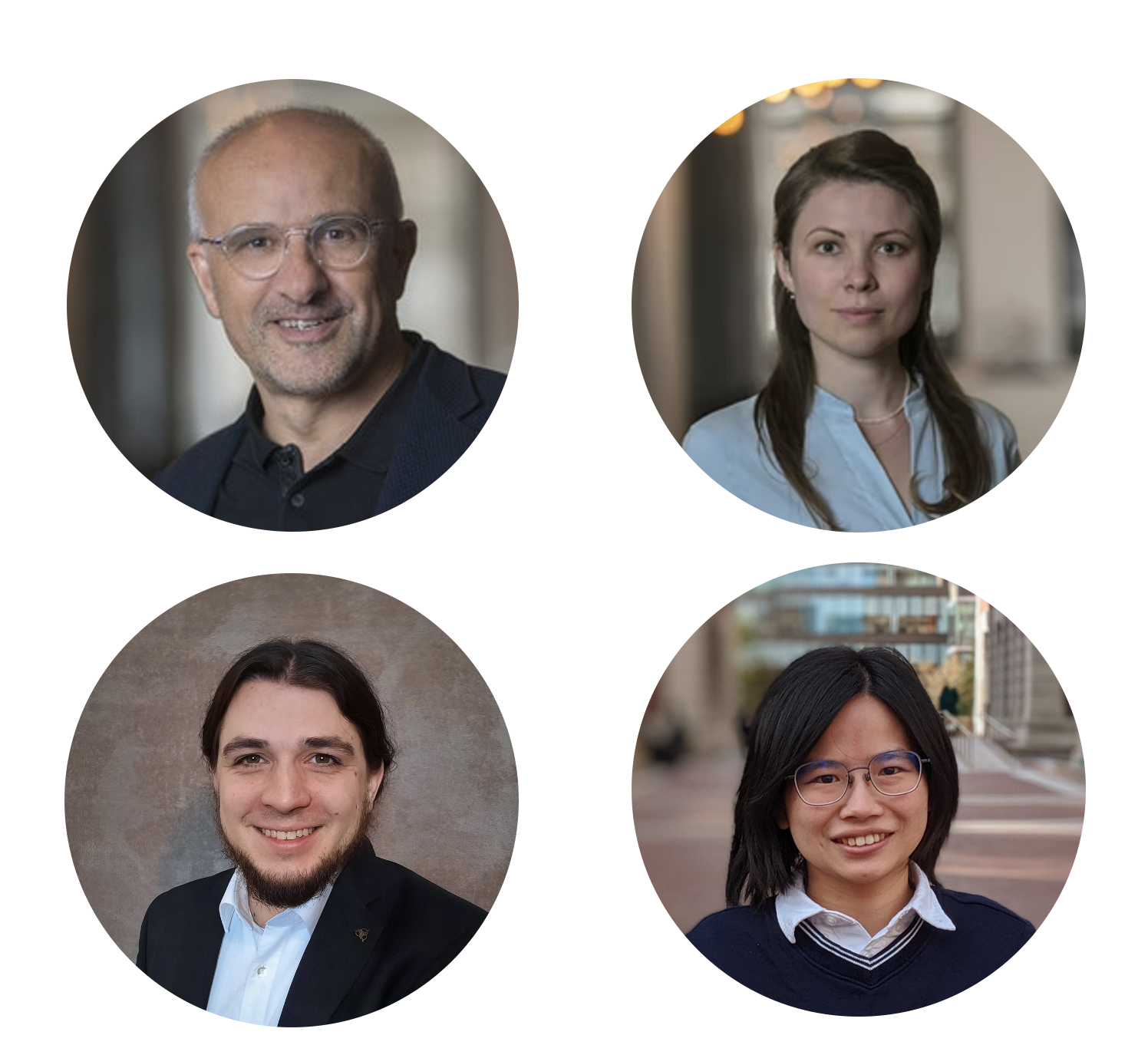
Season 2 – Session 4: Simulating quantum materials
7 July 2022, 15:00-19:00 CEST
Antoine Georges - Collège de France, Paris and Flatiron Institute, New York
Electronic Structure of Quantum Materials with Strong Correlations: A Dynamical Mean-Field Theory Perspective
Sophie Beck - Flatiron Institute, New York
Ab initio description of strongly correlated materials: combining density functional theory and dynamical mean-field theory
Jannis Ehrlich - Fraunhofer IWM
Dynamical Mean Field Theory on a Quantum Computer
Petra Shih - Columbia University
Anharmonic lattice dynamics from vibrational dynamical mean-field theory
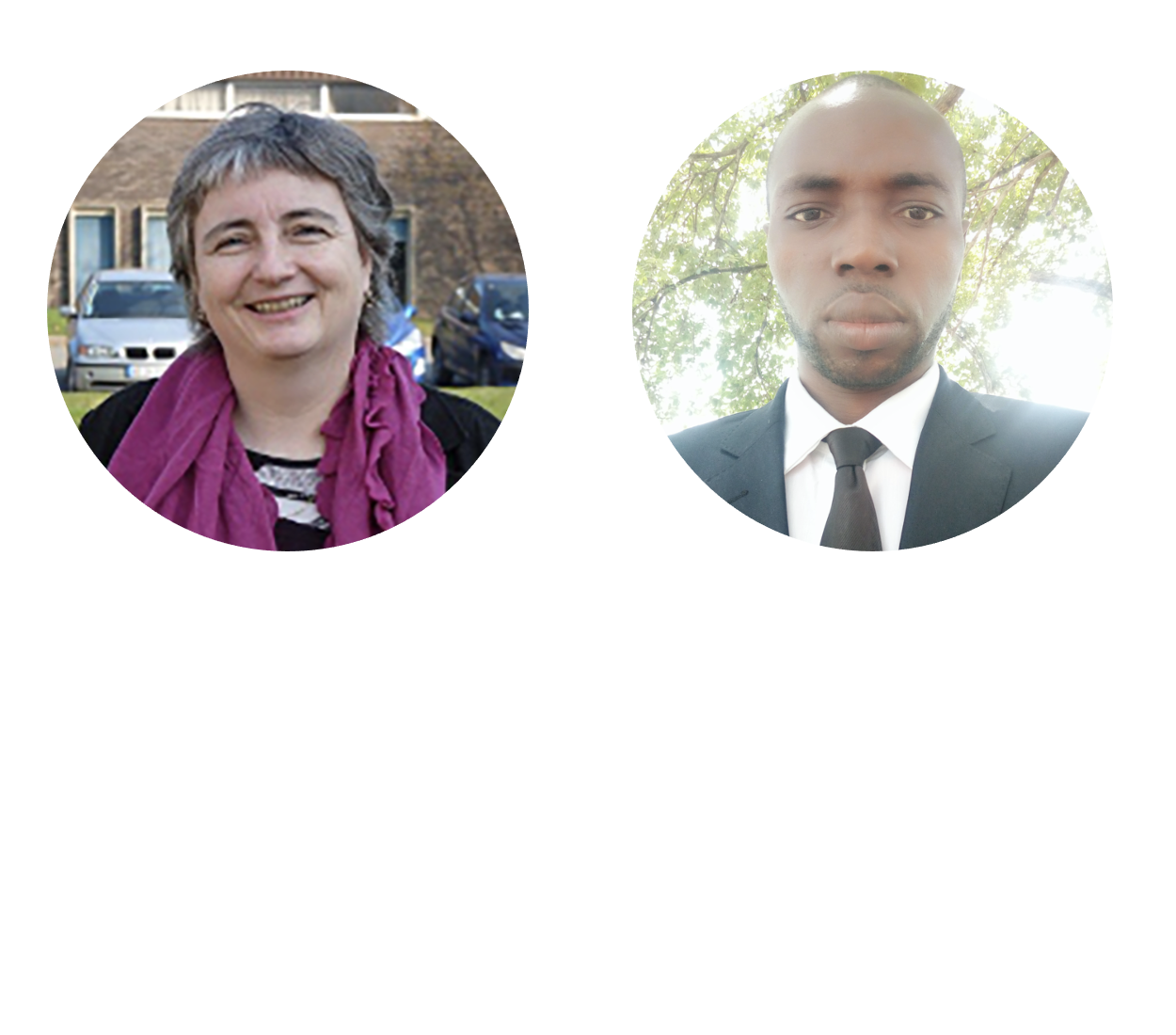
Season 2 – Session 8: Electronic energies beyond Density Functional Theory
9 June 2022, 15:00-19:00 CEST
Lucia Reining - École Polytechnique, Palaiseau
Strategies to deal with the many-body problem in materials: a unified view on functionals
Jean Baptiste Fankam Fankam - University of Yaounde I
Theoretical investigation of the molecular structure, vibrational spectra, thermodynamics and non linear optical properties of 4,5-dibromo-2,7-dinitro-Fluorescein
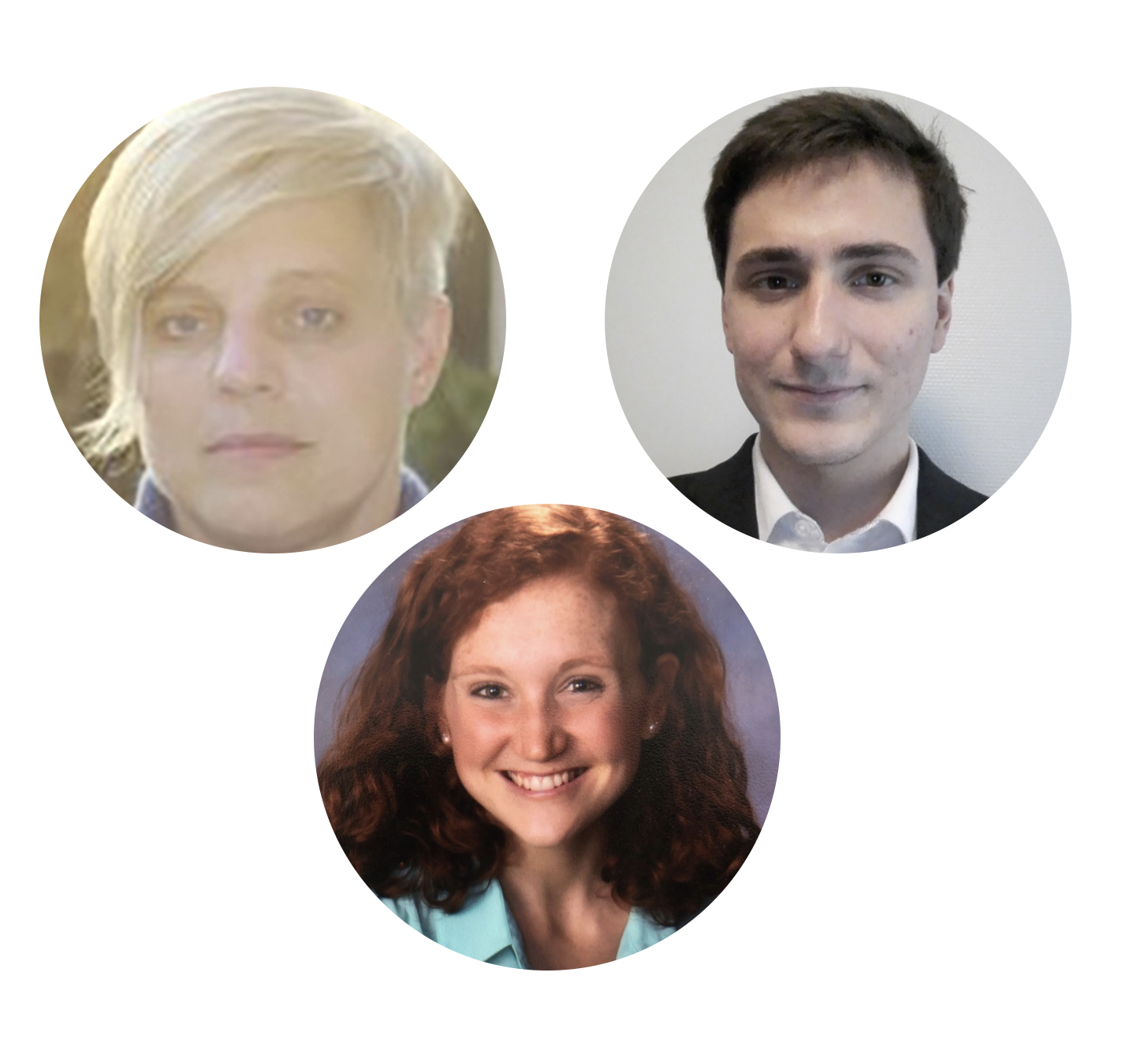
Season 2 – Session 7: Simulating non-equilibrium phenomena and rare events
28 April 2022, 15:00-19:00 CEST
Tanja Schilling - University of Freiburg
How to build a theory for a coarse-grained system out of equilibrium
Régis Santet - Ecole des Ponts
Unbiased sampling of HMC schemes for non separable Hamiltonian systems
Jeanine Shea - Johannes Gutenberg University Mainz
Passive particle in an active bath: can we tell it is out of equilibrium?
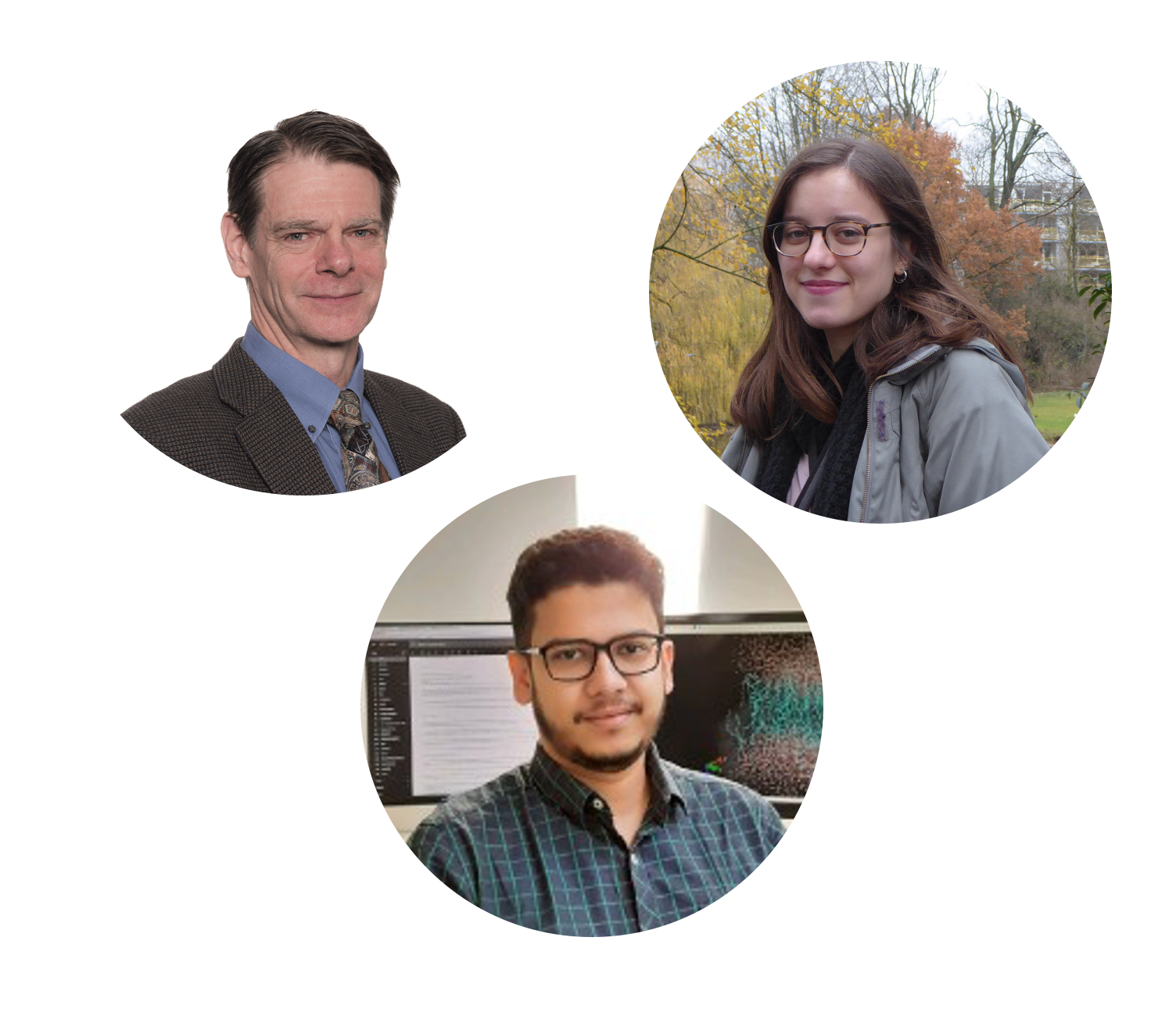
Season 2 – Session 6 Simulating biological systems
31 March 2022, 15:00-19:00 CEST
Benoit Roux - The University of Chicago
Using Computer Simulations to Advance our Understanding of Biological Systems at the Atomic Level
Beatriz Piniello Castillo - University of Barcelona
Asparagine tautomerization in glycosyltransferase catalysis. The molecular mechanism of protein O-fucosyltransferase 1
Saumyak Mukherjee - Ruhr University Bochum
Entropy of water in protein condensates
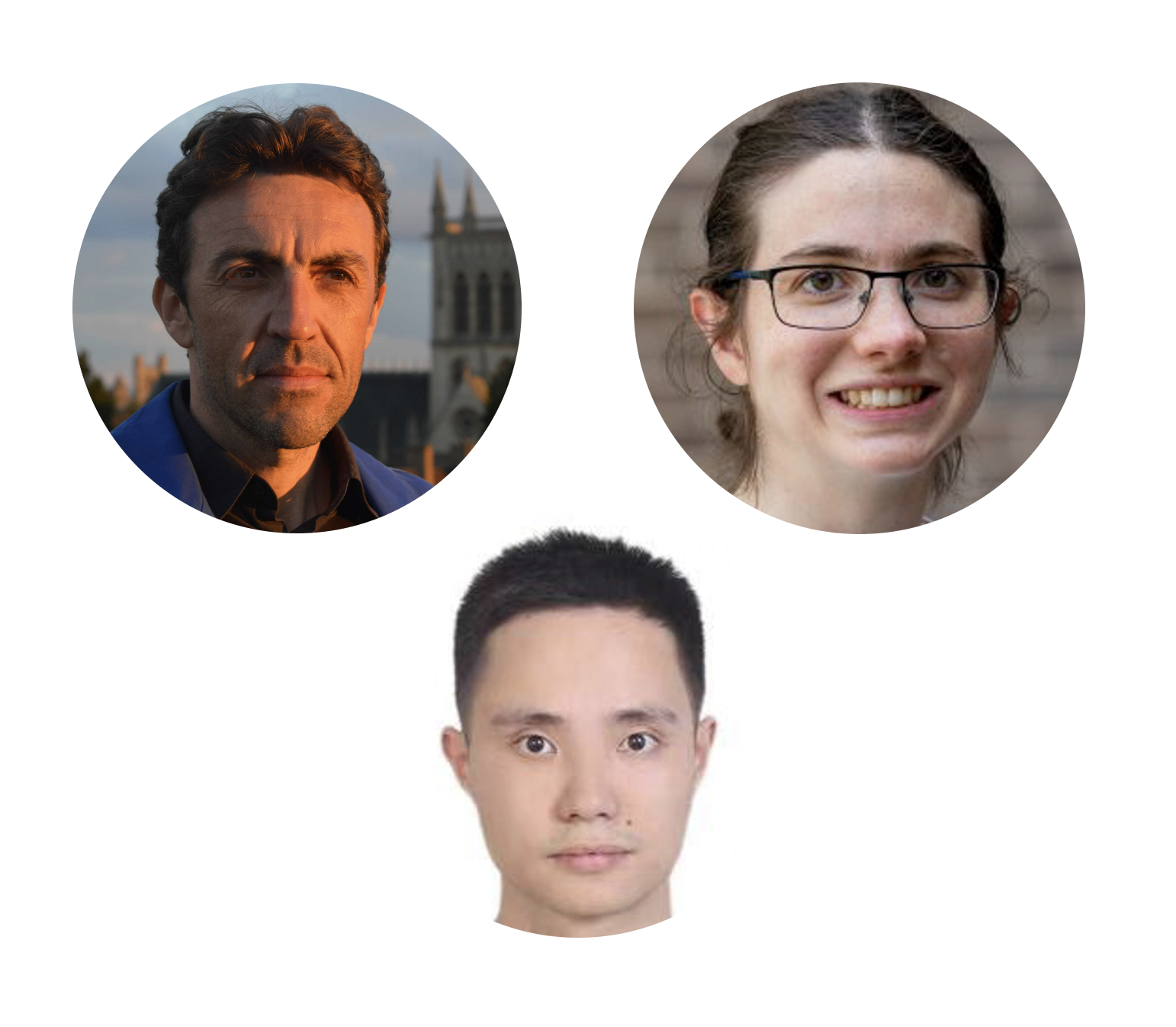
Season 2 – Session 5: Simulating glasses
24 February 2022, 15:00-19:00 CET
Ludovic Berthier - University of Montpellier
Perspectives for the next generation of glass transition studies
Grace Sommers - Princeton University
From hard spheres to hard-core spins
Chengjie Luo - Eindhoven University of Technology
Many Body Correlations Are Non negligible in Simple Glassformers
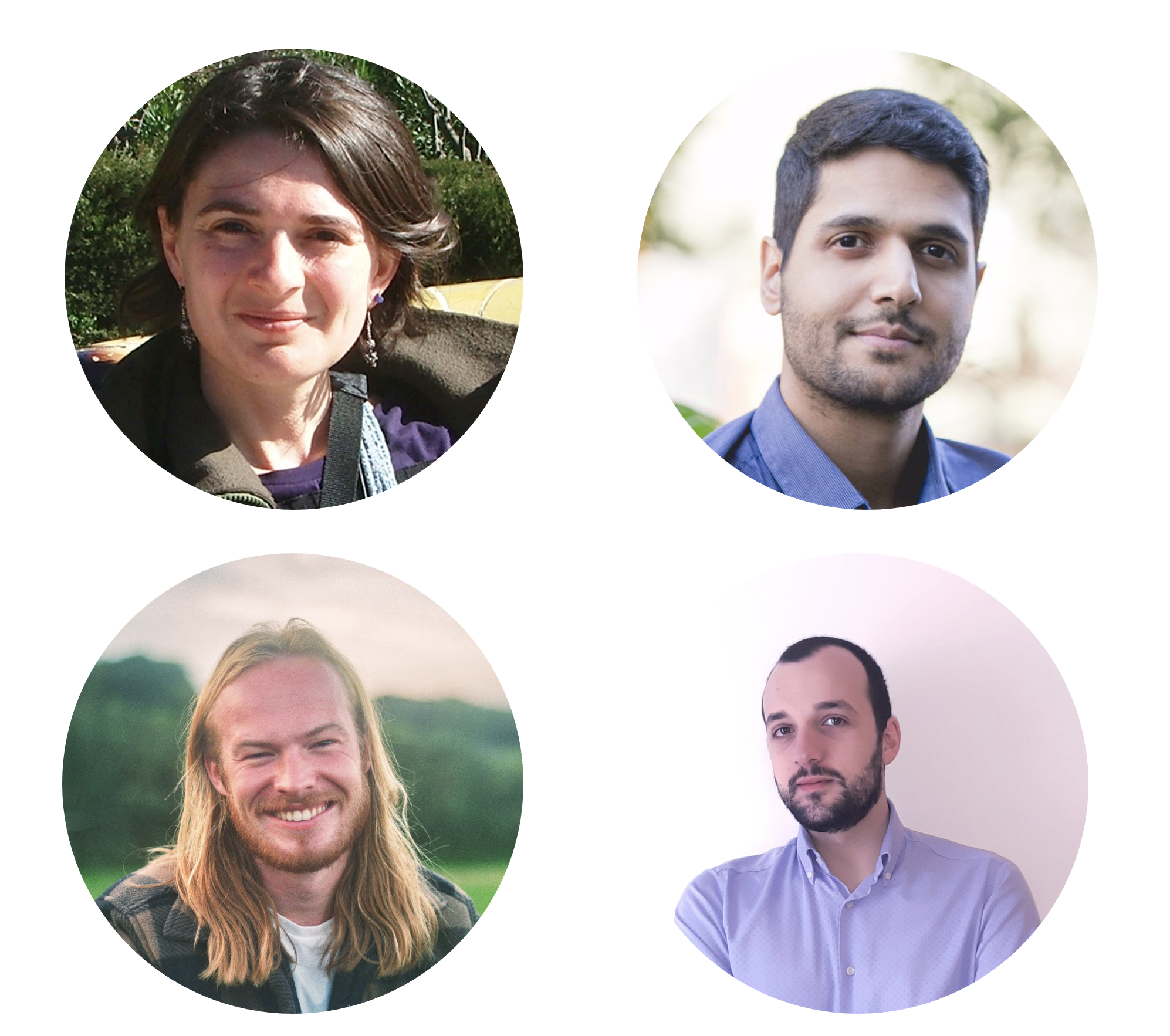
Season 2 – Session 3: Simulating colloidal systems
16 December 2021, 15:00-19:00 CET
Emanuela Zaccarelli - La Sapienza University, Rome
Anomalous slow dynamics in soft matter
Asaf Szulc - Ben-Gurion University
Cooperative effects driving the multi-periodic response of cyclically sheared amorphous solids
Fergus Moore - University of Bristol
Crystallisation and polymorph selection in active Brownian particles
Luca Tonti - University of Manchester
Diffusion of globular macromolecules in liquid crystals of colloidal cuboids
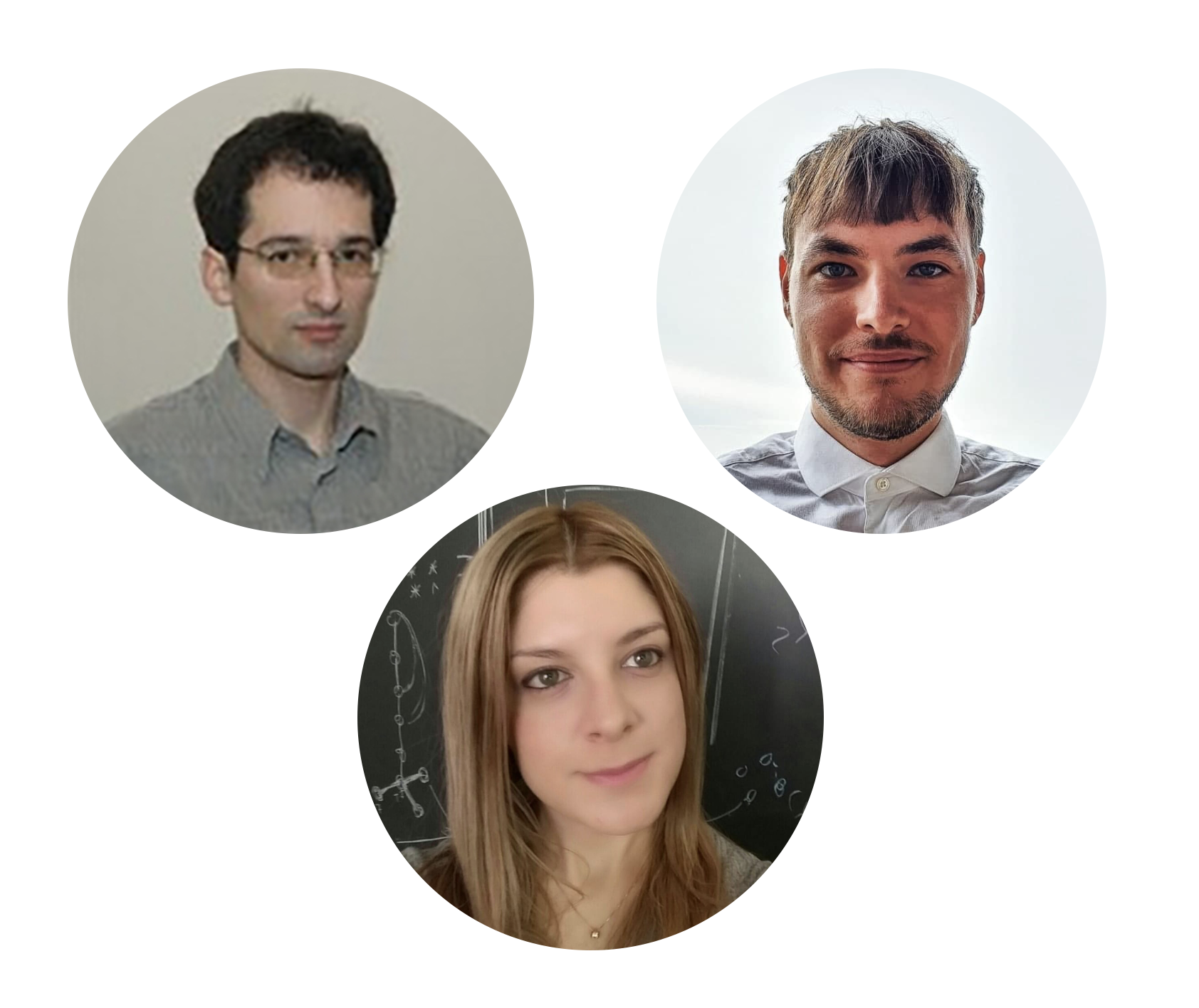
Season 2 – Session 2: Machine learning in simulations
25 November 2021, 15:00-19:00 CET
Gabor Csanyi - Cambridge University
First principles force fields: status and challenges
Featuring Elena Gelzinyte, David Kovacs, James Darby, and Cas van der Oord
Thorben Fröhlking - SISSA
Using machine learning to improve RNA force fields
Silvia Bonfanti - Università degli Studi di Milano
Machine Learning of Metamaterials
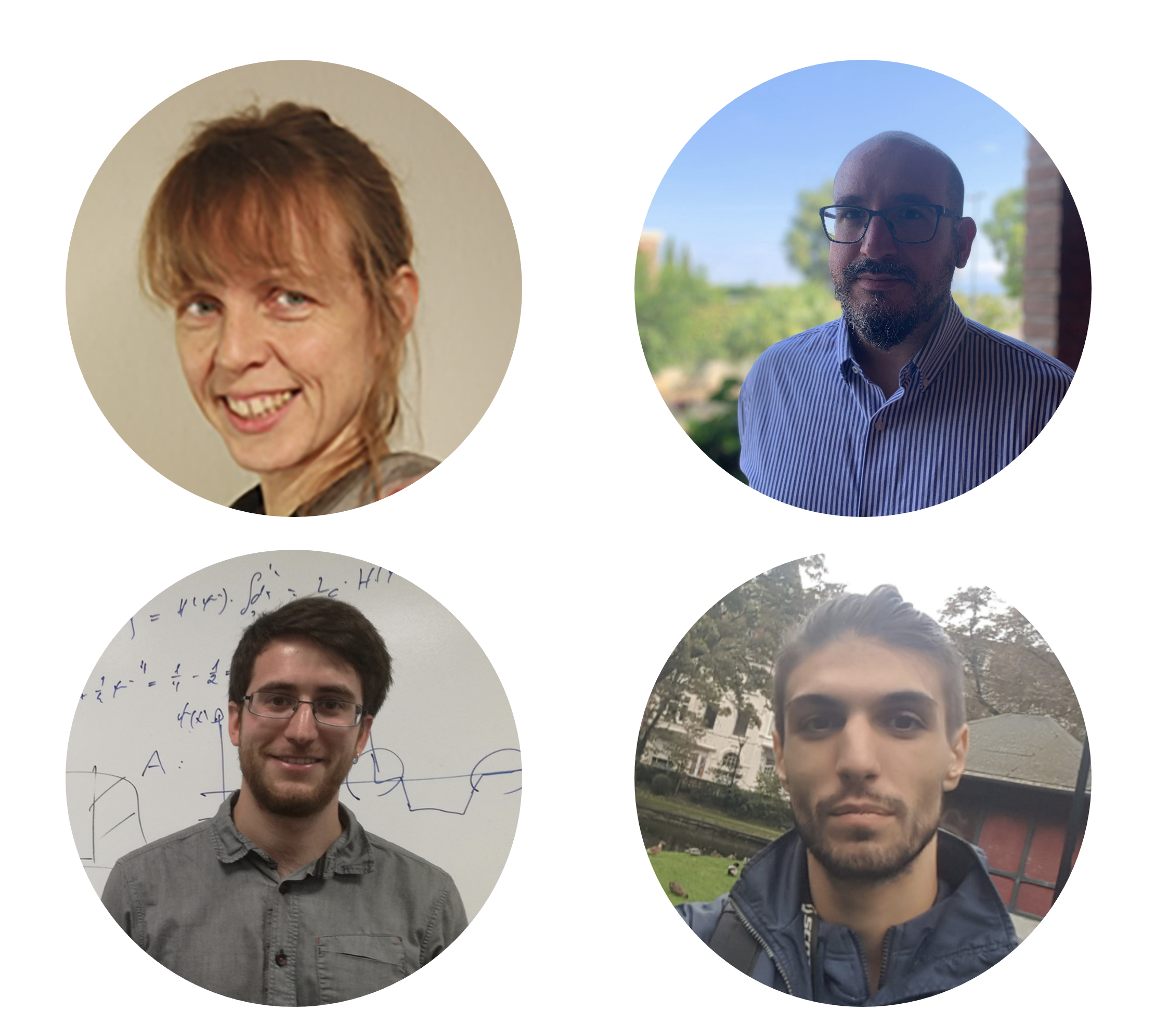

 About
About
